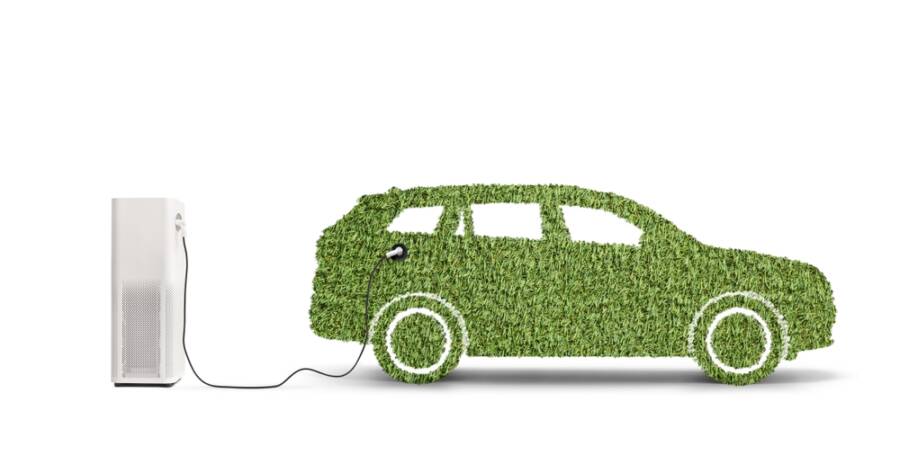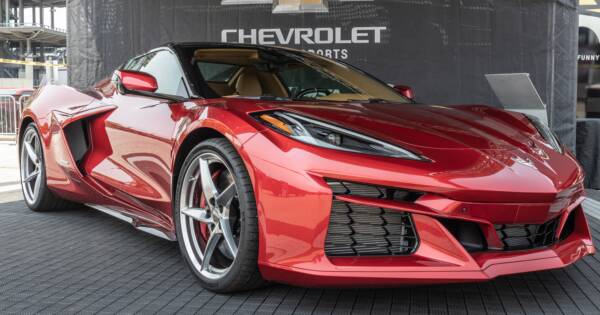As the world faces the pressing need to protect the environment, the automotive industry is stepping up to the challenge. For 2026, many automakers are focusing on sustainability through the use of recycled materials and eco-friendly manufacturing processes. Key efforts aim to reduce carbon footprints, conserve resources, and create a greener future for transportation. Understand how leading automakers are making a positive impact on the planet.
Embracing Recycled Materials for a Greener Car
One of the most important steps automakers are taking is using recycled materials in car production. For example, brands like BMW and Ford have been increasingly using recycled aluminum in their vehicles. This helps reduce the environmental impact of mining new aluminum, which is energy-intensive.
Ford has even used recycled plastics to make parts like bumpers, helping reduce the amount of plastic waste in landfills. By reusing materials that are already in circulation, these automakers are making their production processes much more eco-friendly.
The Role of Sustainable Manufacturing Processes
It’s not just about the materials used in cars, but also how they are made. Many automakers are now investing in greener manufacturing processes. Volvo, for example, has focused on using renewable energy in its factories. They have shifted to using wind and solar power to run their production lines, cutting down on the use of fossil fuels.
This shift helps reduce the overall carbon footprint of the cars they produce. By adopting renewable energy sources, companies are making a significant contribution to fighting climate change.
Innovations in Electric and Hybrid Vehicles
Another major way automakers are contributing to a sustainable future is by focusing on electric and hybrid vehicles. Tesla, for instance, has built a name for itself by creating all-electric cars that produce zero emissions. General Motors and Volkswagen are also making strides with their electric vehicle (EV) models, planning to transition to more electric options in the coming years.
EVs are crucial for reducing the use of fossil fuels and lowering air pollution. With more EVs on the road, the need for gasoline and diesel will decrease, making transportation cleaner and greener.
Eco-Friendly Materials for Interiors
The interior of cars is also getting a green makeover. Instead of using leather, which comes from animals, many automakers are turning to sustainable alternatives. Mercedes-Benz and BMW have started offering interiors made from high-quality vegan leather, which is made from plant-based materials or synthetic products.
These materials are not only more ethical but also more environmentally friendly. Additionally, automakers are using recycled fabrics for car seats and carpets, further reducing the need for new resources. This shift to eco-friendly interiors is an important part of building sustainable cars.
Expanding Circular Economy Programs and End-of-Life Recycling
Another major shift gaining momentum for 2026 is the expansion of circular economy programs across the automotive industry. Instead of focusing solely on building greener cars, automakers are increasingly designing vehicles with end-of-life recycling in mind. Companies like Renault and Toyota are developing systems that recover valuable materials—such as battery minerals, aluminum, and high-grade plastics—from retired vehicles and reintroduce them into new production cycles.
This approach not only conserves natural resources but also reduces manufacturing emissions by limiting the need for virgin materials. As these programs scale, consumers may even benefit from lower long-term costs as recycled components become more widely available, making sustainability an integral part of a vehicle’s full life cycle rather than just its design.
The Future of Green Cars: What’s Next?
Looking ahead to 2026 and beyond, it’s clear that sustainability will continue to play a central role in the automotive industry. With the growing demand for greener cars, automakers will likely keep innovating with new technologies and materials. More companies may focus on creating cars that are fully recyclable at the end of their life cycle.
Additionally, we could see improvements in battery technology, making electric vehicles more affordable and efficient. The future of the automotive industry will likely be one where environmental responsibility and cutting-edge technology go hand in hand.
Driving Toward a Greener Future
For 2026, automakers are making impressive strides toward creating a more sustainable automotive industry. By using recycled materials, adopting greener manufacturing processes, and focusing on electric and hybrid vehicles, they are reducing their environmental impact and paving the way for a greener future.
As the demand for sustainable cars continues to grow, we can expect even more innovations that will help protect our planet. With every new eco-friendly car on the road, we are one step closer to a cleaner, more sustainable future.




